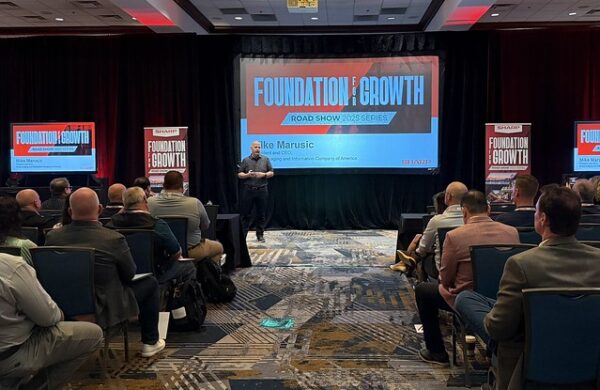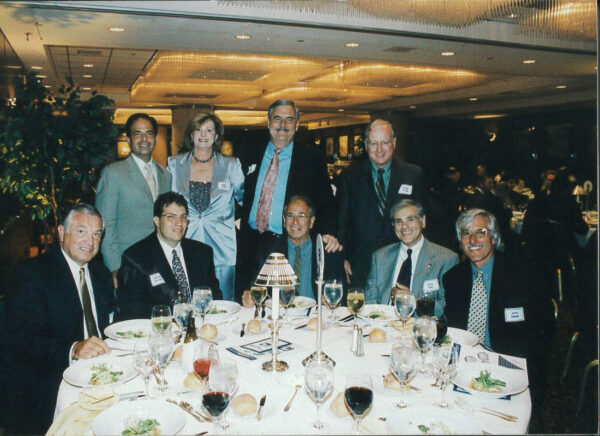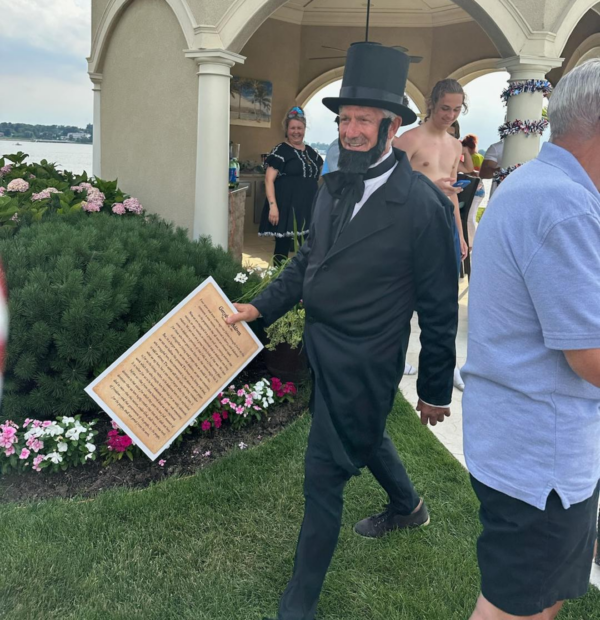I encourage our readers to join me in support of a worthy project that will provide valuable support to veteran’s suffering from PTSD.
I graduated from Brooklyn’s Stuyvesant High School in February 1952. In that era, New York City students could graduate either in February or June. While college was a foregone conclusion I was concerned about the cost to my parents. The Korean War was raging and another option besides college was enlisting in the military.
I offered to defer my college education and enlist in the Marine Corps. By entering the service in 1952 I would be eligible for government assistance to attend a university after my separation from the service.
My parents were adamant that there was enough money to pay for my education, but I was expected to work to help defray the cost. Enlisting was out of the question and I entered Seton Hall University for the spring semester in 1952.
I graduated from Seton Hall in May 1955. Having signed onto the Marine Corps reserve as an officer candidate, I received my orders to report to Quantico, Virginia to begin my training.
After four months of basic infantry training, I was commissioned a 2nd Lieutenant in the United States Marine Corps. From there I was assigned to Basic Infantry Officer Training School. Six months later I received orders to report to the 4th Marines 3rd Marine Division in Okinawa, Japan.
The noncoms and officers that trained us were all veterans of the Korean conflict and many had also served in World War II. We learned the lessons they learned in combat and their tales helped shape and prepare us if we were called upon to fight. Although never called upon to engage in combat, I like to think I would have done my duty.
Thanks to President Eisenhower who kept us at peace for the eight years he was in office 1952-1960 we were never called upon to fight a sworn enemy. I separated from active duty in 1959 and remember fondly those I served with and what the Corps taught me. The term Duty, Honor and Country may have a hollow ring to some but to me it is what I believe. We all owe this country a great deal and I for one will always be grateful for the opportunity to serve.
Support Camp 4 Heroes
I am also grateful to have the opportunity to honor others who have served. To honor those that have given so much, we are actively engaged in helping build Camp 4 Heroes in Fairmont, North Carolina. When completed it will be a retreat for veterans suffering from PTSD.
All the labor is volunteered. The only costs are for materials. The land has been donated and to date there are three cabins, an outdoor kitchen, a 60-foot pier that juts out into a man-made lake so that those in wheelchairs can fish. A wellness center and at least two more cabins are planned.
Help us complete this worthy project for those suffering from PTSD with a place where they can go, at no cost, and be with their fellow warriors. Contribute whatever you can. Visit www.camp4heroes.org to learn more about this project.
Checks can be written to Camp4Heroes and mailed to MRC, P.O. Box 180, Hamburg, New Jersey 07419. There are plaques on the outdoor kitchen and one of the cabins at Camp 4 Heroes that we have helped fund which read, “In honor of all those that served from the subscribers of The Cannata Report and those who work in the imaging industry.”
# # #
What Was the Korean War About?
Nestled between the epic cataclysm that was World War II and the roiling controversy that was Vietnam, Korea is too often referred to as the forgotten war. The 5.7 million American men and women who served in that war each have their own memories, whether they were on the battle lines, in the air, or in support of those whose lives were at risk.
The war lasted just over three years, but nearly 60 years after the guns fell silent, 30,000 American service men and women still maintain the peace along the 38th Parallel””the border between North and South.
The truce that was signed in 1953 was just that, there is still no peace treaty. It was a document for both North Korea and South Korea to each go back to where they were (above or below the 38th parallel) before the war started in 1950.
We paid a high cost in human suffering. The Pentagon placed Korean War battle deaths at 33,652 and “other deaths” meaning deaths in the war zone from illness, accidents, and other non-battle causes at 3,262, for a 36,914.
Access Related Content
Visit the www.thecannatareport.com. To become a subscriber, visit www.thecannatareport.com/register or contact cjcannata@cannatareport.com directly. Bulk subscription rates are also available.



